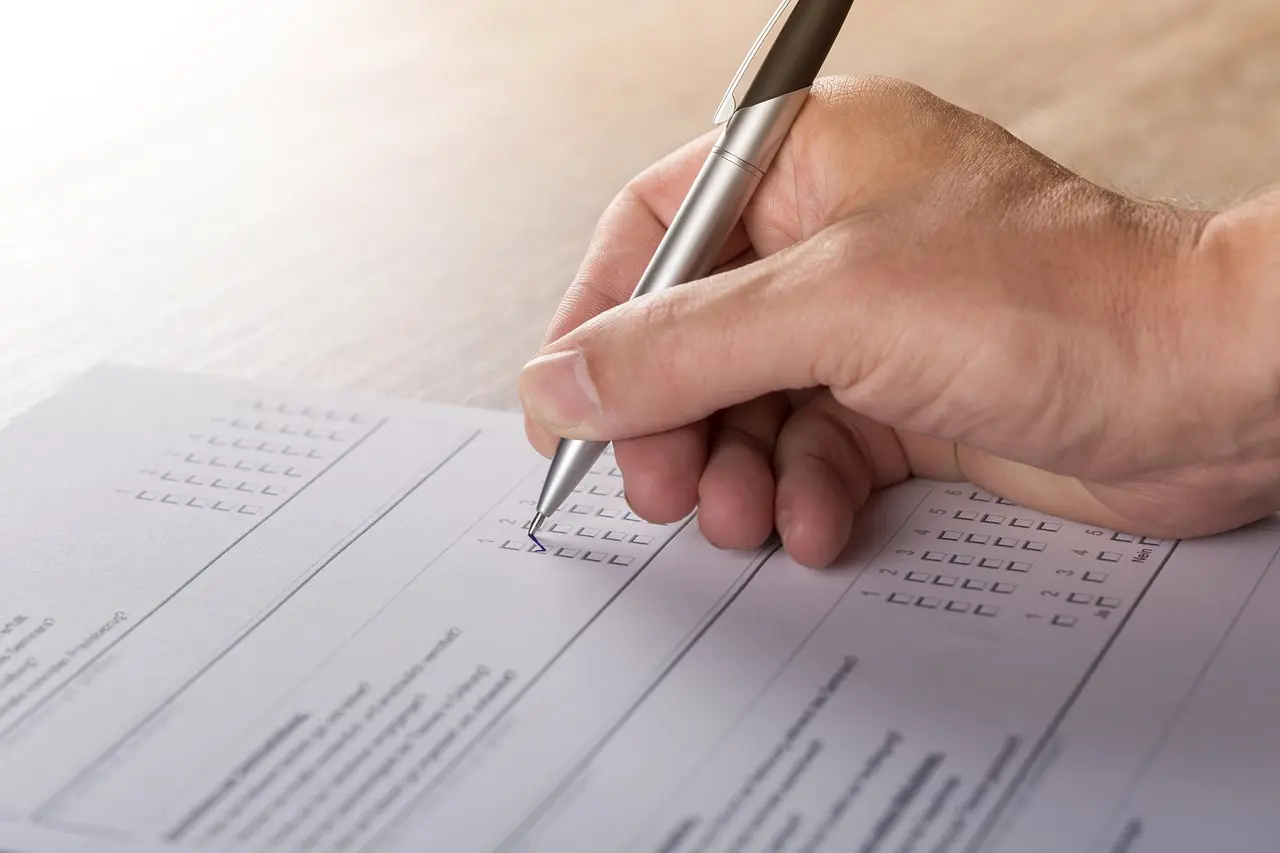Safeguarding Children and Young People: Roles and Competencies for Healthcare Staff
The LMC often gets asked if a Non-clinician can be a Safeguarding Lead of Deputy.
Where possible, the Lead should be a GP wherever possible (but does not have to be).
A deputy can be anyone with an interest in safeguarding. They would normally be a clinician, but as you can see from the comments below, does not have to be.
At a Practice level, ensure your Safeguarding Policy matches your structure and the lead/deputy are trained appropriately for the role.
The deputy should have access to the lead if unsure of any aspects of the role and should not work outside their area of competence.
The comments from CQC and the Safeguarding team.
Safeguarding team comments
The Safeguarding Lead should be someone clinical (not mandatory or statutory but strongly advisable). The safeguarding lead will be the person who will be approached for advice and as safeguarding cases may often have a clinical component within primary care (eg NAI, FII and so on), a clinician will be best placed to offer advice.
CQC will also expect the lead to be a clinician. It doesn’t have to be a GP, a Practice Nurse can be the lead and GP as deputy (someone with an interest in safeguarding).
Local CQC team comments
A GP is generally the safeguarding lead, although Practices often have deputies who are not clinical.
Below is an extract from Safeguarding Children and Young People: Roles and Competencies for Healthcare Staff-intercollegiate guidance;
To protect children and young people from harm, and help improve their wellbeing, all healthcare staff must have the competencies to recognise child maltreatment, opportunities to improve childhood wellbeing, and to take effective action as appropriate to their role. This intercollegiate document provides a clear framework which identifies the competencies required for all healthcare staff
Page 5 - The GP practice safeguarding lead is the GP who oversees the safeguarding work within the GP practice. The practice safeguarding lead will support safeguarding activity within the practice, work with the whole primary care team to embed safeguarding practice and ethos, provide some safeguarding training within the practice and act as a point of reference and guidance for their colleagues. Depending on practice size/structure of the practice, there may also be a practice safeguarding deputy lead. The practice should ensure that the safeguarding lead is supported in their duties, allowing protected time for these to be carried out and allowing time for additional training that the safeguarding lead is required to undertake.




